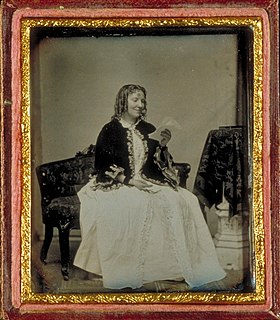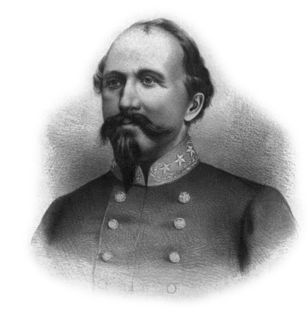A Quote by Friedrich Nietzsche
The most unambiguous sign that a person holds men in low esteem is this, that he either acknowledges them merely as means to his ends or does not acknowledge them at all.
Related Quotes
What makes a free thinker is not his beliefs, but the way in which he holds them. If he holds them because his elders told him they were true when he was young, or if he holds them because if he did not he would be unhappy, his thought is not free; but if he holds them because, after careful thought, he finds a balance in their favor, then his thought is free, however odd his conclusions may seem.
Capitalism is based on self-interest and self-esteem; it holds integrity and trustworthiness as cardinal virtues and makes them pay off in the marketplace, thus demanding that men survive by means of virtue, not vices. It is this superlatively moral system that the welfare statists propose to improve upon by means of preventative law, snooping bureaucrats, and the chronic goad of fear.
Hypocrisy itself does great honor, or rather justice, to religion, and tacitly acknowledges it to be an ornament to human nature. The hypocrite would not be at so much pains to put on the appearance of virtue, if he did not know it was the most proper and effectual means to gain the love and esteem of mankind.
The aim of the laborer should be, not to get his living, to get "a good job," but to perform well a certain work; and, even in a pecuniary sense, it would be economy for a town to pay its laborers so well that they would not feel that they were working for low ends, as for a livelihood merely, but for scientific, or even moral ends. Do not hire a man who does your work for money, but him who does it for love of it.
Christ wishes to raise men up to heaven, and has given them all the means to attain this; whilst the Devil, who himself for his pride was cast down from heaven into the dominions of the air, wishes by every means to attach men to earthly,- sensual, transitory things, and, in order to attain this end, he employs the most powerful, most prodigious means.
In most cases, to be reasonable means not to be obstinate, which in turn points to conformity with reality as it is. The principle of adjustment is taken for granted. When the idea of reason was conceived, it was intended to achieve more than the mere regulation of the relation between means and ends: it was regarded as the instrument for understanding the ends, for determining them.
Economic control is not merely control of a sector of human life which can be separated from the rest; it is the control of the means for all our ends. And whoever has sole control of the means must also determine which ends are to be served, which values are to be rates higher and which lower, in short, what men should believe and strive for.









































